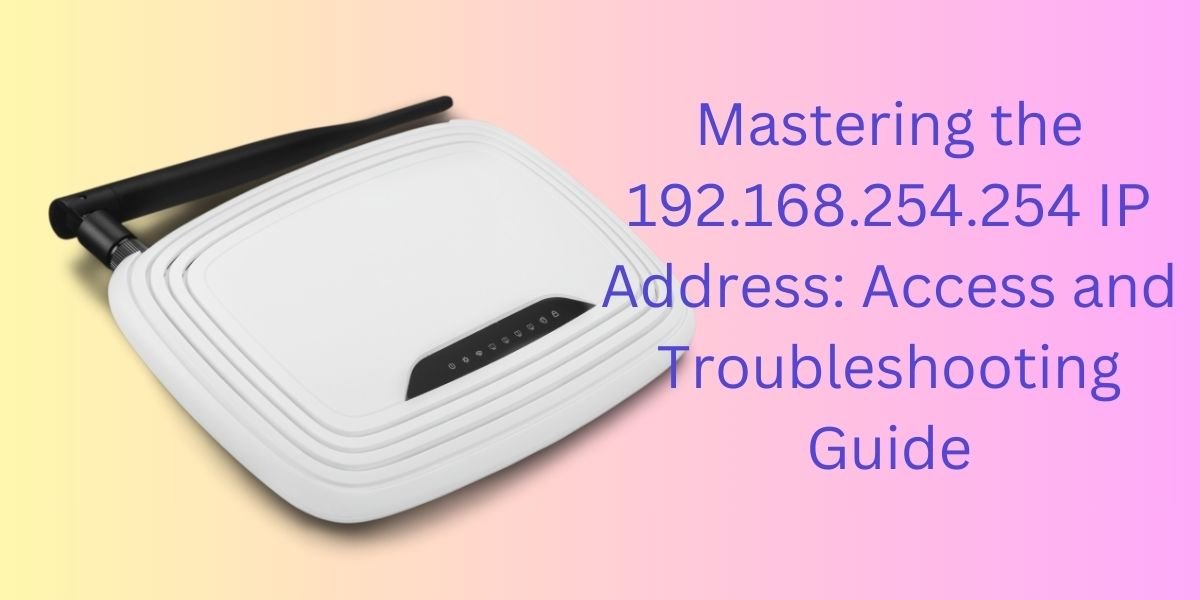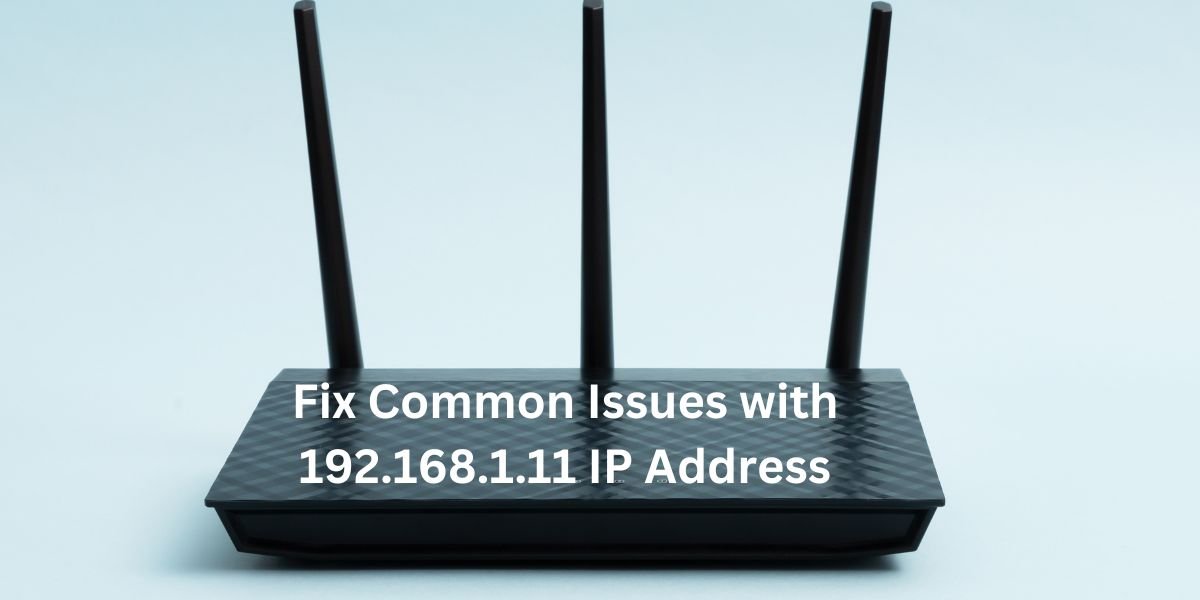In the rapidly advancing world of electronics, the need for high efficiency in power systems has never been more critical. As industries continue to evolve, the demand for tools and equipment that provide precision, reliability, and flexibility has grown substantially. Among these tools, programmable power supplies (PPS) stand out as indispensable components in the design, testing, and development of electronic systems. These versatile devices are essential for powering devices with varying voltage and current requirements, ensuring the smooth operation of complex systems and contributing to overall energy efficiency.
Understanding Programmable Power Supply Solutions
A programmable power supply is a type of power source that allows users to customize the output voltage and current levels through a software interface or manual controls. This flexibility is what distinguishes programmable power supplies from traditional fixed power supplies, which are limited to a constant output. Programmable power supplies are equipped with interfaces such as USB, GPIB, or Ethernet, allowing for easy integration into automated systems and enabling software-driven testing. This adaptability is crucial for applications that require precise and dynamic adjustments, such as electronics testing, prototyping, and research and development.
These power supplies can be used in a wide range of settings, from educational labs and industrial environments to research institutions and large-scale production facilities. Whether used for testing circuits, powering devices under varying conditions, or simulating load behavior in product development, programmable power supplies offer enhanced control and accuracy. Their programmability also reduces setup time, making them highly efficient and cost-effective for both short-term and long-term projects.

Importance and Benefits of High Efficiency in Power Systems
The importance of high efficiency in power systems cannot be overstated. Power systems that operate efficiently help optimize energy consumption, reduce operational costs, and minimize the environmental impact of energy use. In particular, high efficiency reduces energy waste during both generation and transmission processes. As a result, fewer resources are required to produce the same amount of usable power, lowering reliance on fossil fuels and promoting sustainability.
Moreover, efficient power systems are more reliable and resilient, ensuring stable power supplies even in the face of increasing demand or unexpected disruptions. For industries, this translates into fewer operational interruptions and reduced energy costs, both of which contribute to better financial performance. In the context of programmable power supplies, efficiency is also achieved through the precise regulation of output, which allows for optimal use of energy during testing or operation.
The Role of Programmable Power Supplies in Enhancing Efficiency
Programmable power supplies play a critical role in boosting the overall efficiency of systems. Their ability to dynamically adjust voltage and current according to specific needs makes them an essential tool for reducing energy waste in various applications. By offering fine-grained control, PPS ensures that the energy output is always aligned with the requirements of the device being tested or powered, eliminating excess consumption.
Additionally, programmable power supplies can streamline processes by automating testing sequences and reducing the likelihood of errors that could arise from manual adjustments. Real-time data collection and analysis are integrated into many modern PPS models, providing valuable insights into system performance. This allows users to optimize testing procedures, adjust parameters in real-time, and fine-tune systems for maximum efficiency, resulting in faster development times and more accurate results.
Key Features of Top Quality Programmable Power Supply Solutions
Top-tier programmable power supplies are defined by several key features that contribute to their superior performance and reliability. These include high precision in output regulation, the ability to handle a wide range of voltages and currents, and advanced communication interfaces for integration with automation systems. A well-designed PPS will also feature robust safety mechanisms, including overvoltage and overcurrent protection, to ensure the safety of both the power supply and the devices it powers.
Another defining characteristic of high-quality programmable power supplies is their versatility. They are designed to work in a wide range of environments and can be easily adjusted to meet the specific requirements of different applications. Whether used for R&D, product testing, or industrial processes, these power supplies offer unparalleled flexibility, allowing users to tailor their power settings to suit their exact needs.
The Benefits of Programmable Power Supplies
One of the most significant advantages of using programmable power supplies is the potential for significant energy savings. By precisely controlling the output voltage and current, these devices help minimize energy loss and ensure that only the required amount of power is used. This precision not only leads to cost savings but also contributes to sustainability efforts by reducing the overall energy footprint of operations.
Moreover, the ability to optimize power delivery also enhances the lifespan of both the power supply and the devices it powers. By preventing overvoltage and overcurrent situations, programmable power supplies protect sensitive electronic components from damage, extending their operational life and improving the overall reliability of systems.
In addition to energy efficiency and protection, programmable power supplies offer increased control and optimization capabilities. They can be integrated into automated testing systems, allowing for seamless, hands-off operation. This eliminates the need for constant manual adjustments, saving time and reducing the potential for human error. Furthermore, the detailed data logging and reporting features of modern PPS units enable users to track and analyze power usage over time, facilitating more informed decision-making.
Selecting the Right Programmable Power Supply
When choosing a programmable power supply, it is essential to consider the specific needs of the application. Key factors include the required voltage and current range, the type of interface needed for integration with other equipment, and the level of precision required for the task at hand. Additionally, the overall build quality, safety features, and ease of use should also be evaluated to ensure the power supply meets both operational and budgetary requirements.
For applications in industrial settings or research environments, it is important to choose a programmable power supply that offers robust features, such as high output precision, reliability, and extensive integration capabilities. Many high-end models also include features like programmable sequencing, remote control, and data logging, which can significantly enhance testing and operational efficiency.
Real-World Applications and Success Stories
Numerous industries have embraced programmable power supplies to improve their operations and boost productivity. For example, in the automotive industry, PPS units are used extensively for testing and simulating electrical systems in vehicles, from battery management to infotainment systems. These supplies allow engineers to test components under a variety of conditions, ensuring that they meet rigorous performance and safety standards before being deployed in real-world applications.
In the renewable energy sector, programmable power supplies are used to simulate solar panel or wind turbine outputs during development and testing, enabling engineers to optimize energy harvesting technologies. By accurately controlling power output during testing, PPS ensures that renewable energy systems are both efficient and reliable, helping to accelerate the adoption of green energy solutions.
Tech companies also rely on programmable power supplies in the development of consumer electronics. Whether testing smartphones, computers, or other devices, PPS enables precise voltage and current regulation, ensuring that all components operate within their optimal ranges. This enhances the quality and performance of the final product, while also reducing the time and cost associated with the development process.
Conclusion
Programmable power supplies have revolutionized the way electronic systems are tested, developed, and optimized. Their ability to deliver precise, adjustable power outputs makes them invaluable tools for a wide range of applications, from R&D and prototyping to large-scale industrial operations. By enhancing energy efficiency, reducing operational costs and improving the reliability of systems, PPS solutions have become essential in the pursuit of more sustainable and efficient power management practices. As technology continues to advance, the role of programmable power supplies will only become more prominent, helping industries across the globe unlock new levels of efficiency and performance.









